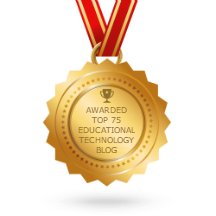An item from the folks at The Learning Accelerator.
Colleagues and friends:
The 2023-24 school year is off and running. In Maine, we get a later start than many – my girls kicked off third and fifth grade just two weeks ago. As a parent, I started the year with a feeling of trepidation. The last academic year wasn’t the greatest for my oldest daughter. Amongst the youngest in her grade and, like me, a student with learning and processing differences, she struggled with behavioral expectations and her environment, the chaos of pre-teen social life, and academic pacing that was out of sync with her own mastery and interest levels. By the spring semester, we were careening off track. With advocacy from me and partnership with her school, we found some partial solutions (including the permission to skip math class), but it felt like we survived fourth grade by the skin of our teeth.
Reports home from the first week of fifth grade indicated we’d lucked out: “Mom, I get to choose where to sit, and I can take off my shoes!” and, “I get to practice math on my computer to work on harder stuff if I want!” Hopeful glimmers turned to relief when her new teacher called me out of the blue to report a terrific week, including a class award. Yes, we have areas to problem-solve together (e.g., she’ll be skipping required quiet reading time provided books are devoured at home). But working in partnership with a veteran teacher who was willing to truly see my child and offer meaningful flexibility alongside high expectations felt like winning the lottery.
As a parent in a Title 1 school with a diverse array of student differences and needs, I don’t take this for granted. As an educator, I know that one student “winning the lottery” isn’t a good thing at all in the broader context of equity. Every kid deserves to be fully seen, accessing personalized learning experiences that flex to who and where they are, that orient to mastery rather than time or process, and that enable them to develop into their full human selves – whatever diverse version of person they happen to be.
We already know so much about how to do this. Personally and professionally, I feel even more clearly the urgency to ensure every child has the education they need to reach their full potential. This is the work we’re doing at TLA, building an education sector where practitioners, leaders, and policymakers can learn together to change systems and the experiences of learners more quickly. As a parent and collaborator, thank you for being a partner in this movement.
With gratitude for your partnership,
Beth Rabbitt, Chief Executive Officer
Featured Updates
Sandra Licón Joins TLA’s Board of Directors
TLA welcomes philanthropic and nonprofit leader Sandra Licón to the organization’s board of directors. Sandra brings several decades of experience in philanthropy and education, both in the U.S. and globally, to TLA’s board, along with a steadfast commitment to equity.
“I’m honored to serve alongside the many accomplished and dedicated leaders on The Learning Accelerator’s staff and board. I look forward to supporting TLA’s mission to partner alongside schools, networks, and system leaders to catalyze learning and breakthroughs that transform K-12 education.”
Announcement and Biography
New TLA Insight: Student Engagement
During the height of COVID, student engagement and attendance tumbled, a challenge still plaguing schools across the country. At TLA, we believe that for students to thrive, schools and teachers must implement practices that foster student engagement – but we’ve found that definitions of “engagement” vary across systems, from attendance and work completion to demonstrations of active learning, presenting a challenge for the field. In this case study on effective student engagement in virtual and hybrid learning, discover actionable insights and recommendations on how:
- Teachers can be empowered to create and implement effective instructional strategies that encourage students to actively participate in their learning – such as creating content, collaborating with peers, or producing an end product.
- Decision-makers can tackle this challenge in their own setting by first digging in deep with stakeholders to gather data on the nature of their challenge, exploring promising existing solutions and approaches, and testing improvements in their own context.
Bolstered by examples from four school systems that undertook this work, this insight serves as a tool for leaders and educators to use within their own unique contexts.
TLA Insight: Student Engagement
New Podcast Episode
Beyond Brick and Mortar Podcast Series: Hear from leaders of established virtual and hybrid learning programs from across the U.S. about what makes their programs a success – and what they had to learn along the way.
“Because our program is built really on any time, any place learning, students have deadlines, but they don’t have synchronous lecture sessions… I say that because we have a lot of students that are going through medical treatments […], and so, they may feel great on a Monday and want to do a couple of days worth of work, [but] that the rest of the week they may feel horrible. We don’t want to penalize them for that. … When they are able to work, we want them to work.”
TTU K-12’s Flexible & Community-Oriented Emphasis on Student-Centered Virtual Learning
Accelerating Equitable EdTech
“Through this work, we have explored how to strengthen our edtech systems in a way that centers equity and is in alignment with DESE’s EdTech Systems Guide. Specifically, ways to incorporate student voice into our processes.” – Cambridge Public Schools
TLA partnered with the Massachusetts Department of Elementary and Secondary Education’s Office of Educational Technology to facilitate the 2022-23 EdTech Peer Learning Cohort.
- The cohort brought together school systems from across Massachusetts to work on a problem of practice to strengthen their edtech process in a way that centers equity.
- Cohort teams received 1:1 coaching from TLA and collaborated with other cohort members in all-cohort sessions, using the EdTech Systems Guide as a resource.
- Participating school systems made improvements to their edtech systems, highlighted in guidance on engaging stakeholders in evaluating edtech tools, increasing educator capacity by developing asynchronous supports, and conducting edtech inventories.
- Next month, we’ll be announcing the second iteration of this EdTech Peer Learning Cohort for the 2023-24 school year, so stay tuned!
Explore Equitable EdTech
Tell us what’s on your mind on social media and
keep up with our work on the TLA Blog.














 12 Unique Blogs Are Written By Professors
12 Unique Blogs Are Written By Professors
Leave a comment